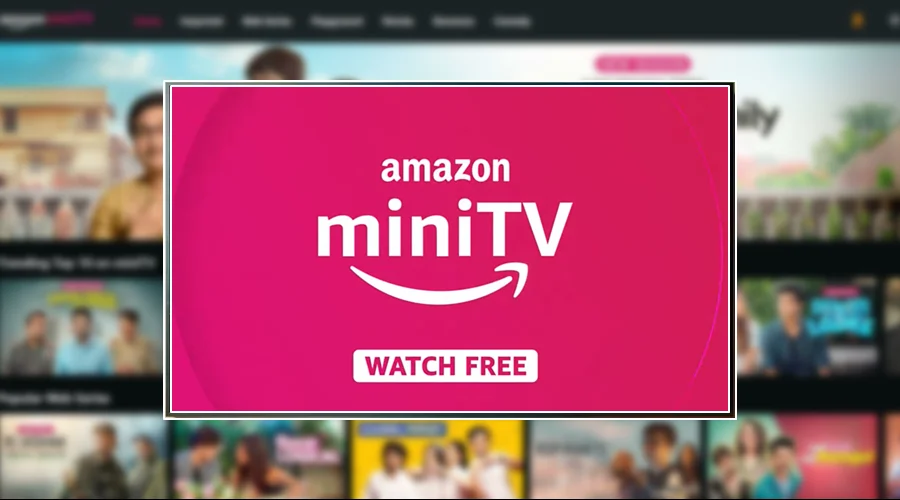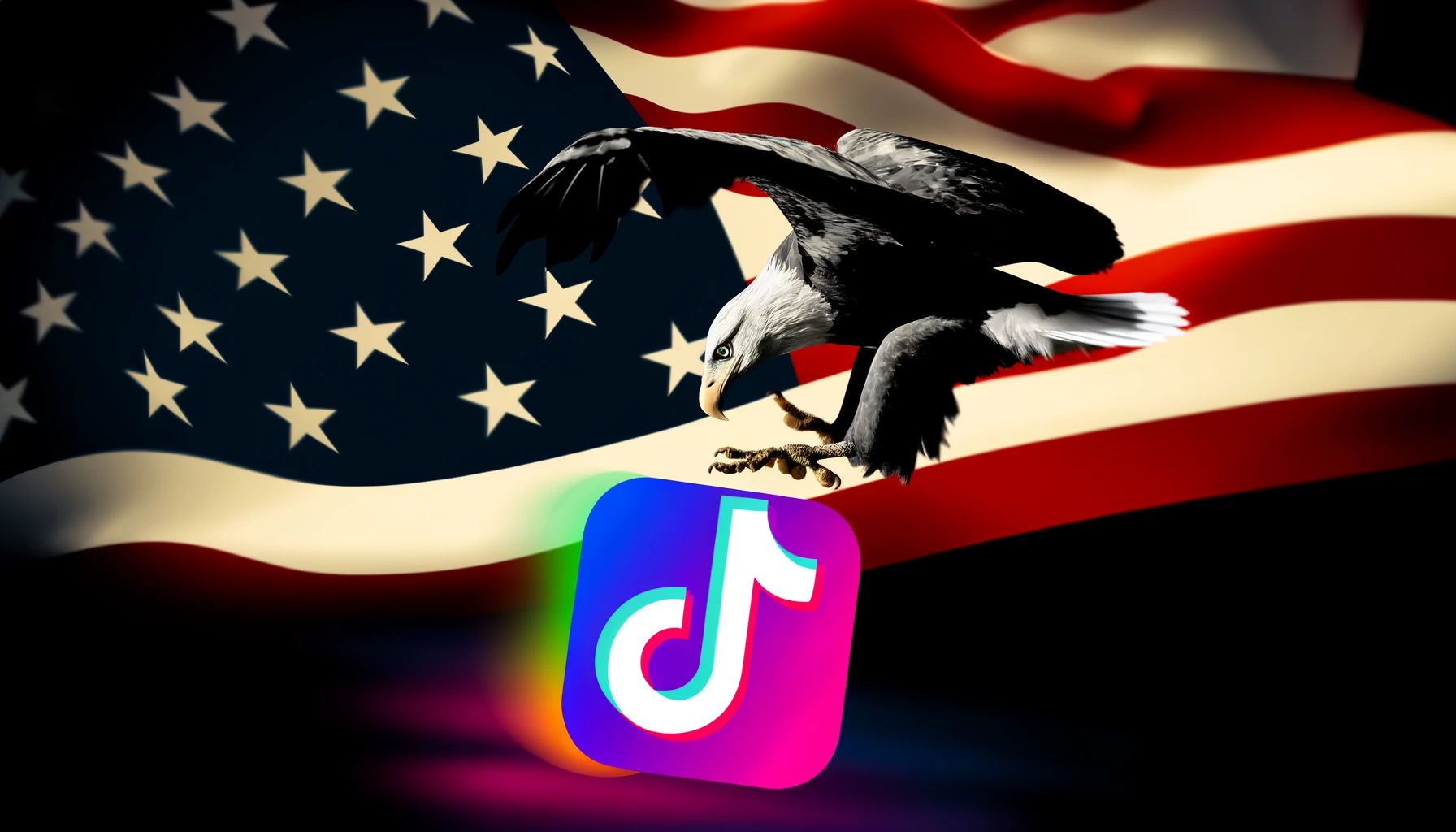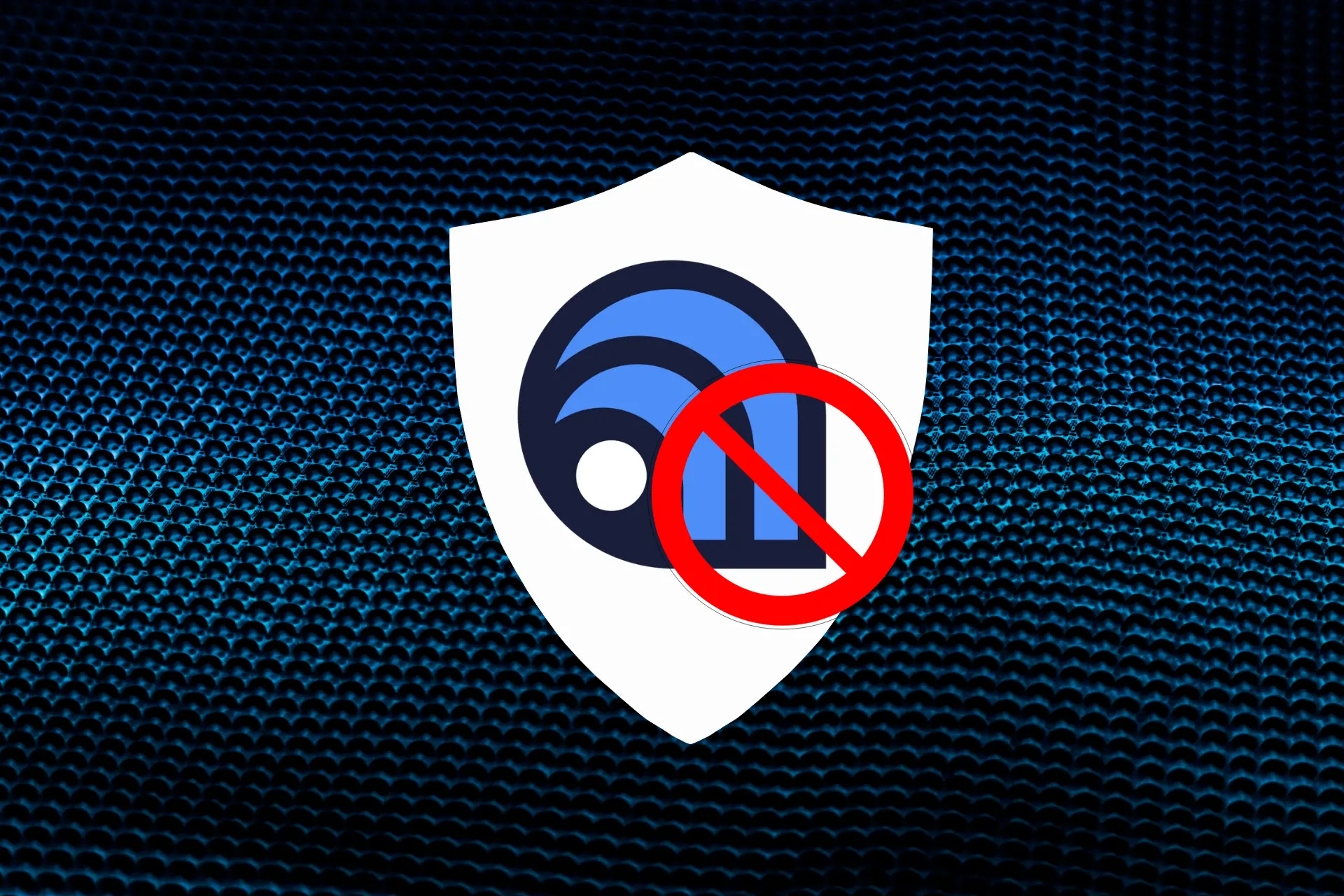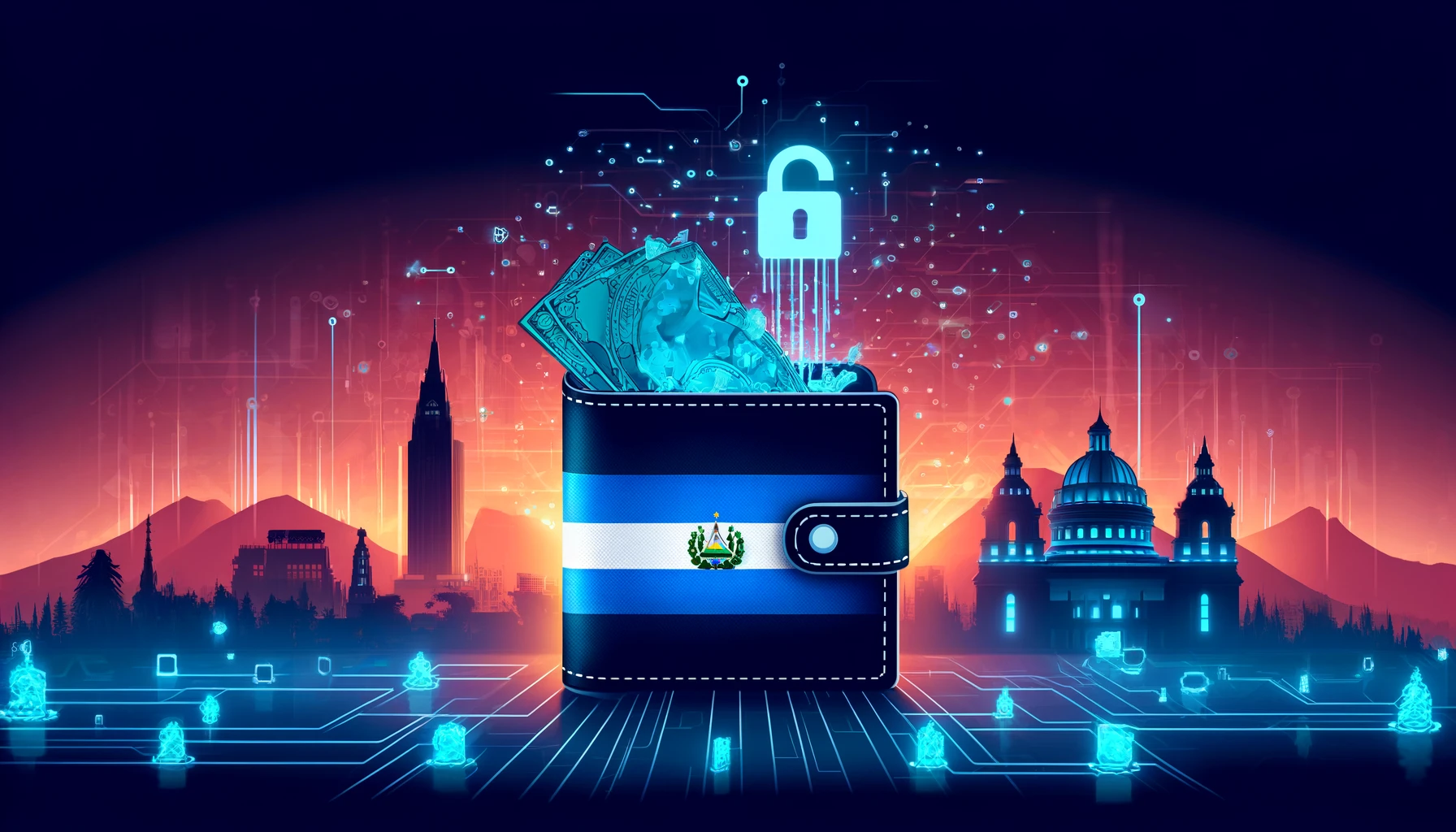This Is How Facebook’s Onavo VPN Spied on Snapchat Users
Facebook’s previously unknown secret project to spy on Snapchat users.
2 min. read
Updated on
Read our disclosure page to find out how can you help VPNCentral sustain the editorial team Read more
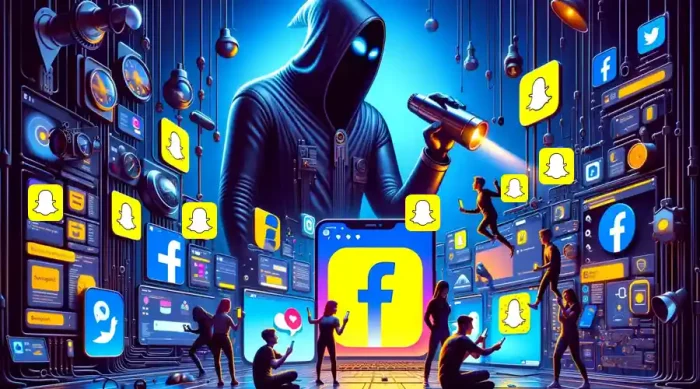
A recently unsealed court filing revealed Facebook’s covert operations to spy on Snapchat users through a secret initiative dubbed “Project Ghostbusters.”
Initiated by Facebook’s CEO, Mark Zuckerberg, in 2016, this undertaking aimed to decrypt and analyze Snapchat’s encrypted traffic to understand user behavior on the social media app.
This revelation raises significant concerns about privacy, competitive ethics, and the extent companies are willing to go to gather intelligence on their rivals.
Why Facebook spied on Snapchat users
Emails from executives showed Facebook was interested in spying because Snapchat’s encrypted messaging made it difficult for the social media giant to collect data through traditional methods.
The company’s motivation stemmed from a need to understand and monitor the rapidly growing competitor’s user engagement and features.
Accordingly, Zuckerberg pushed for devising new methods to gain insights into Snapchat’s user base. This urgency was driven by its rival’s increasing popularity, threatening Facebook’s dominance.
How it happened: “Project Ghostbusters”
Facebook employed Onavo’s Virtual Private Network (VPN) service, acquired from an Israeli firm in 2013, to intercept and decrypt Snapchat’s encrypted traffic.
The engineers from Onavo developed kits for iOS and Android devices that allowed the company to monitor in-app activities, providing detailed analytics on usage behavior within Snapchat.
This man-in-the-middle approach provided Facebook with a backdoor to reroute Snapchat’s network traffic from user devices through its servers, as mentioned in the court document.
Notably, Onavo, the company central to this project, shut down in 2019 after it was revealed that it was paying teenagers to use its services, enabling it to snoop on their activities.
Why a reliable VPN can help
While a VPN can’t entirely shield you from a company determined to collect your data, it can make it extremely difficult for companies like Facebook to do so.
VPNs usually help to boost security and privacy by routing your in-app traffic through trusted remote servers. This prevents man-in-the-middle attacks that can potentially expose you to spying.
As such, using one can, to a greater extent, protect your personal communications, safeguarding you from unauthorized surveillance and data mining practices.

